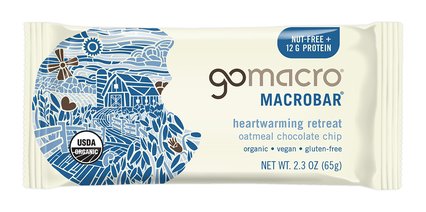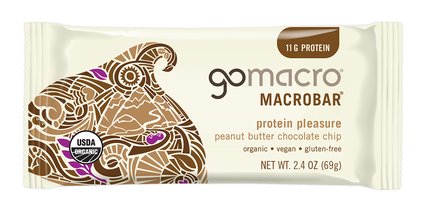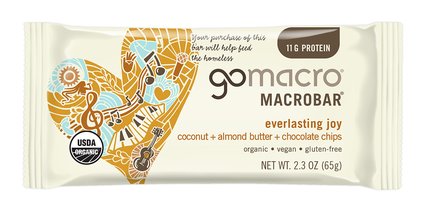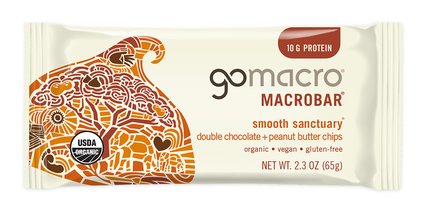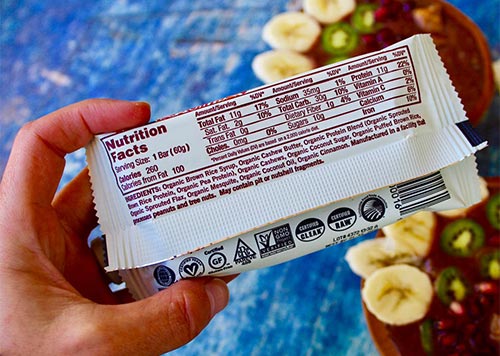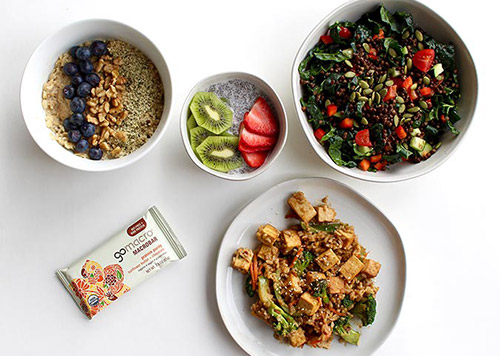How to Build a Strong Immune System
At GoMacro we believe that living in balance with nature and ourselves is key to living a long and healthy life. Simply put, keeping our immune systems strong is more important than ever. A strong immune system is one of the many gifts of living a healthy and balanced lifestyle.
Throughout history there have been many different views of the immune system. Early civilizations believed that immunity to illness was granted by God and could only be strengthened by prayer or good deeds. Author, Deepak Chopra, characterizes a more modern view: “Your immune cells are like a circulating nervous system…It thinks. It’s conscious.” Anything that thinks and is conscious needs to be loved and cared for. How do we do this? Well, first of all, we need to feed it good, healthy food. It needs adequate sleep and exercise. It needs pleasure and joy.
Here are 10 tips for balancing and strengthening your immune system.
1. Make sure you get enough sleep
Most adults need seven to nine hours a night. If you have trouble sleeping, forget about counting sheep, instead, make time for some moderate exercise. Not only does this help you sleep, but it also gives the immune system a further boost.
2. Breathe deeply
Learn how to breathe deeply and with basic breathing exercises. Oxygen is your primary source of energy and a lack of it is a contributing factor to major illnesses, including respiratory conditions, cancer, heart disease, elimination, digestive problems and aching joints.
3. Eat less sugar
Simple sugars may create a sluggish immune system when it comes to fighting bacteria. Eat snacks that are low in sugar or substitute healthy sweeteners that contain vitamins and minerals such as plant-based stevia and organic brown rice syrup or molasses.
4. Increase your intake of plant-based foods
Eat a diet filled with plant-based foods including vegan protein bars, fresh fruits and vegetables and sea vegetables. Sunflower seeds are rich in zinc, which boosts the immune system by creating lymphocytes. Vitamin C is also good and is found abundantly in many fresh fruits and vegetables. Garlic is a natural antibiotic, while ginger cleanses the accumulation of toxins in the organs.
5. Eat fermented foods
Fermented foods contain enzymes and micro-organisms that are known to aid in digestion and strengthen the immune system. Try cultured foods such as yogurt, miso, kimchi, sauerkraut, tempeh and kefir or add a probiotic supplement to your daily routine.
6. Spend time outdoors
Vitamin D plays a number of roles in immune system support. Vitamin D is readily available through exposure to the sun yet is found in very few foods. Most people do well by combining a daily dose of sunshine and a high-quality Vitamin D supplement. One-third of the U.S. population is deficient, and that’s at the current Recommended Daily Allowance of 400 IU/day. This is currently being revised and experts predict the new RDA will be about 1000 IU/ day.
7. Do a detox or cleanse diet
Try a simple cleansing diet for two to four days. By cutting out toxins such as alcohol, sugar, caffeine, meat, gluten and dairy for a few days and eating simple unprocessed foods, such as whole grain and vegetables, your body will start generating new immune cells. There are many high-quality cleanse diets online. Be sure to do your research and talk to your doctor or health care provider before cleansing, detoxing or fasting.
8. Increase the antioxidants in your diet
One way to do this is to drink more tea. Matcha green tea, is famed for this purpose; it comes from Japan and has 17 times the antioxidants of wild blueberries, and seven times more than dark chocolate.
9. Relieve Stress
A byproduct of stress is a suppressed immune system. Try practicing yoga, taking a walk, meditation and laughing more often. Laughter is dynamite for the immune system and, no doubt, makes the world a better place.
10. Have Fun! Make time for friends and family
Most important of all, make time for your social life. Studies say that people with a rich and satisfying social life are healthier and less prone to disease.

